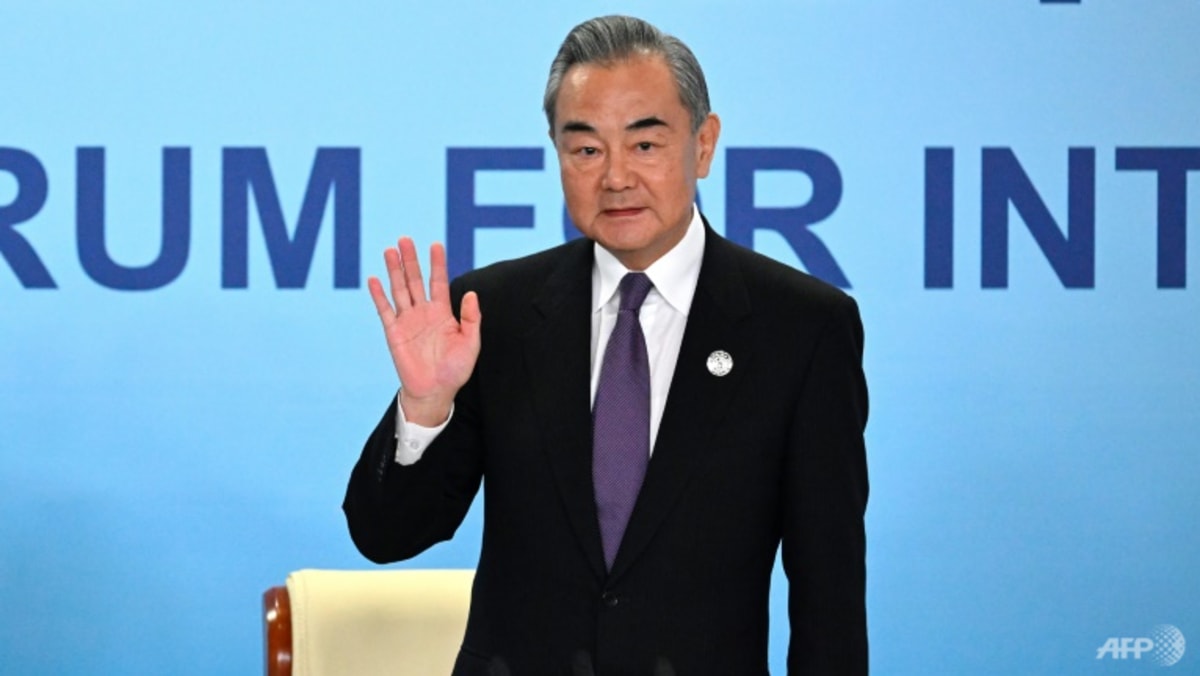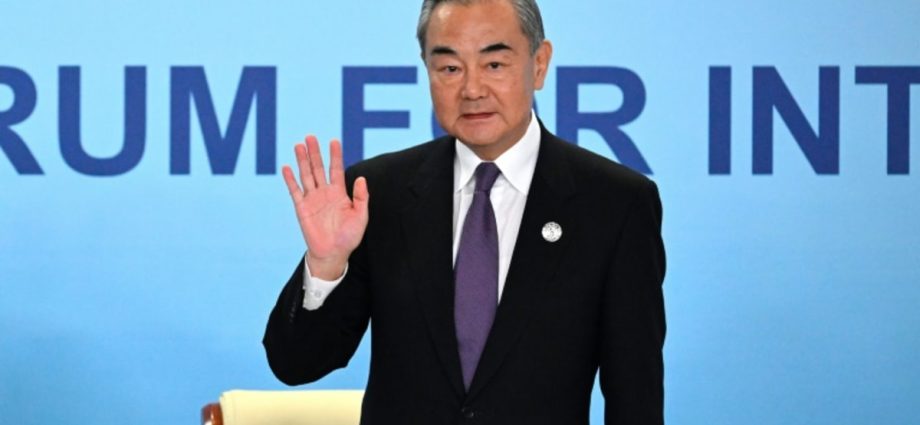
Tensions have been particularly high over Taiwan, the self-ruling democracy claimed by Beijing which over the past year has launched major military exercises in response to actions by US lawmakers.
The United States has stepped up defence support of Taiwan, fearing that China is moving forward on plans to seize the island, although US officials hope that Russia’s struggles in Ukraine have given pause to Beijing.
The Biden administration is expected to renew warnings to Wang against China expanding support for Russia and also raise the Middle East, where US ally Israel has been pounding Gaza in response to attacks by Islamist militants Hamas.
China on Wednesday joined Russia in vetoing a US-led resolution at the Security Council which did not call explicitly for a ceasefire.
Washington has sought to turn the tables by pressing Beijing to do more in the region including by pressuring Iran’s clerical leadership, which backs Hamas.
The diplomacy with China comes as the United States enters an election season in which Biden’s predecessor Donald Trump, who is seeking to return to the White House, has made hawkish criticism of Beijing a signature policy.
US allies, while often critical of China, have largely welcomed diplomacy to keep tensions in check.
Albanese plans to visit China shortly after his state visit to Washington as tensions ease between Canberra and Beijing, which had imposed tariffs on key Australian exports in a show of force over political disputes.
Albanese said it was important to “cooperate where we can, disagree where we must, but engage in our national interest”.
“It is in Australia’s interests as well as China – but I believe in the global interest – for us to have a relationship where there is dialogue,” he said.

